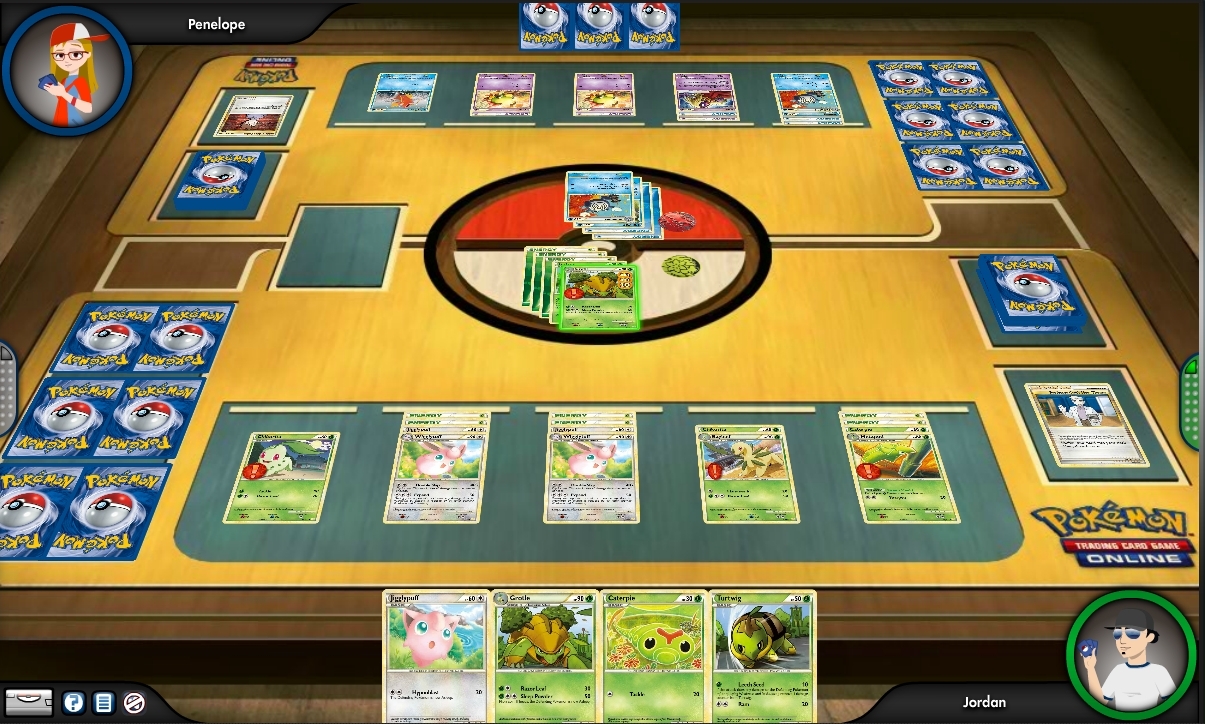Philips (PHG +2.01%) recently filed a patent infringement lawsuit against Nintendo (NTDOY +1.77%), calling for a total sales ban of the Wii U in America.
Philips alleges that Nintendo infringed on two of its patents in its Wii Remote -- one for a "Virtual Body Control Device" and another for a "Pointing Device." Philips claims that it informed Nintendo of the alleged violations in 2011, but attempts to reach a licensing arrangement between the two companies fell through.

Source: Nintendo.
Philips' lawsuit clearly targets the original Wii instead of the Wii U, but the Wii U is backwards compatible with the original Wii Remote. The Wii was discontinued in Japan and Europe last October, but it remains available as the Wii Mini in North America.
The Wii U is currently the second most popular home console of the current generation, but that growth has stalled out due to fierce competition from Sony's (SNE +4.80%) PS4 and Microsoft's (MSFT +2.00%) Xbox One.
Philips and Nintendo: A Link to the Past
Philips' lawsuit against Nintendo opens up a new chapter in the troubled relationship between the two companies.
Back in 1991, Sony unveiled a prototype of a Super Famicom/Super NES with a built-in CD-ROM drive, dubbed the PlayStation. The console was designed to play both Nintendo cartridges and Sony CD-ROMs. However, Nintendo and Sony abandoned their partnership shortly afterwards due to disagreements regarding revenue sharing. Sony left with its prototype and launched the first PlayStation in 1994, forever altering the home console market.

The "Nintendo PlayStation" Source: Kotaku.
Nintendo, searching for a less ambitious partner than Sony, partnered with Philips to launch the CD-i console in December 1991. The CD-i console was intended to be an all-in-one home computer akin to the Commodore CDTV. Philips licensed Nintendo's flagship characters to appear in several titles on the console.
Unfortunately, allowing Philips to make Nintendo-licensed games was disastrous. Oddities like Hotel Mario, Zelda's Adventure, Link: The Faces of Evil, and Zelda: The Wand of Gamelon all bombed critically and commercially. All of these games felt vastly inferior to their Super NES counterparts.
Despite poor sales, Philips kept the CD-i alive for eight years, eventually losing nearly a billion dollars on the ill-conceived project. As a result, Nintendo didn't release an optical disc-based system until the GameCube in 2001 -- more than a year after Sony launched the PlayStation 2.
Why is Philips suing Nintendo now?
Philips clearly doesn't have fond memories of its days with Nintendo, but did it really hold a grudge for such a long time? Philips doesn't even manufacture a video game console anymore, so there's no clear benefit in blocking Wii U sales in the U.S.
But in my opinion, Philips doesn't want to block the Wii U -- it wants a cut of Nintendo's profits. Despite the Wii U's reputation for weak sales growth, the console has already sold 6.1 million units worldwide, putting it squarely between Sony's 7.6 million PS4s and Microsoft's 5 million Xbox Ones.
To understand what Philips has to gain from suing Nintendo, we should take a closer look at the company's Consumer Lifestyle segment, which produces consumer electronics, home appliances, and personal care products.
What Philips really wants
Philips Consumer Lifestyle accounts for 20% of the company's top line. Last quarter, comparable sales at the segment rose 7% -- making it the only one of Philips' four business segments to report positive growth. Philips attributes that growth to high demand for home appliances, health & wellness, and personal care products.
Nintendo generated sales of $5.6 billion in fiscal 2013, compared to Philips' Consumer Lifestyle revenues of $6.3 billion. If Philips convinces the court that it deserves a cut of Nintendo's Wii U annual hardware and software sales, along with royalties on all Wii/Wii U titles, it could become a major new source of revenue for its Consumer Lifestyle segment.
Generating extra revenue from royalties has always been a major part of Philips' business strategy. The Consumer Lifestyle segment already receives royalty payments for every DVD, CD, and Blu-Ray disc sold worldwide. However, those payments have declined recently due to patent expirations and an industry shift toward digital distribution.
Over the past few years, Philips started demanding royalty payments from LED lighting companies for alleged patent infringements, but that tactic didn't prop up sales at its Lighting segment, which posted flat sales growth in 2013.
The bottom line
In conclusion, Philips lawsuit against Nintendo isn't about banning the Wii U -- it's about squeezing out some fresh royalties. It employed the same strategy with optical discs and LED lighting, but it's a short-sighted approach that fails to address Philips' slowdown across three of its four primary business segments.
Considering the anemic growth of the Wii U -- which only sold 310,000 units last quarter -- Philips' lawsuit against Nintendo is a waste of time. It makes Philips look like a desperate company trying to survive on royalties from technology patented during its heyday -- just as Eastman Kodak did prior to its bankruptcy filing in 2012.









